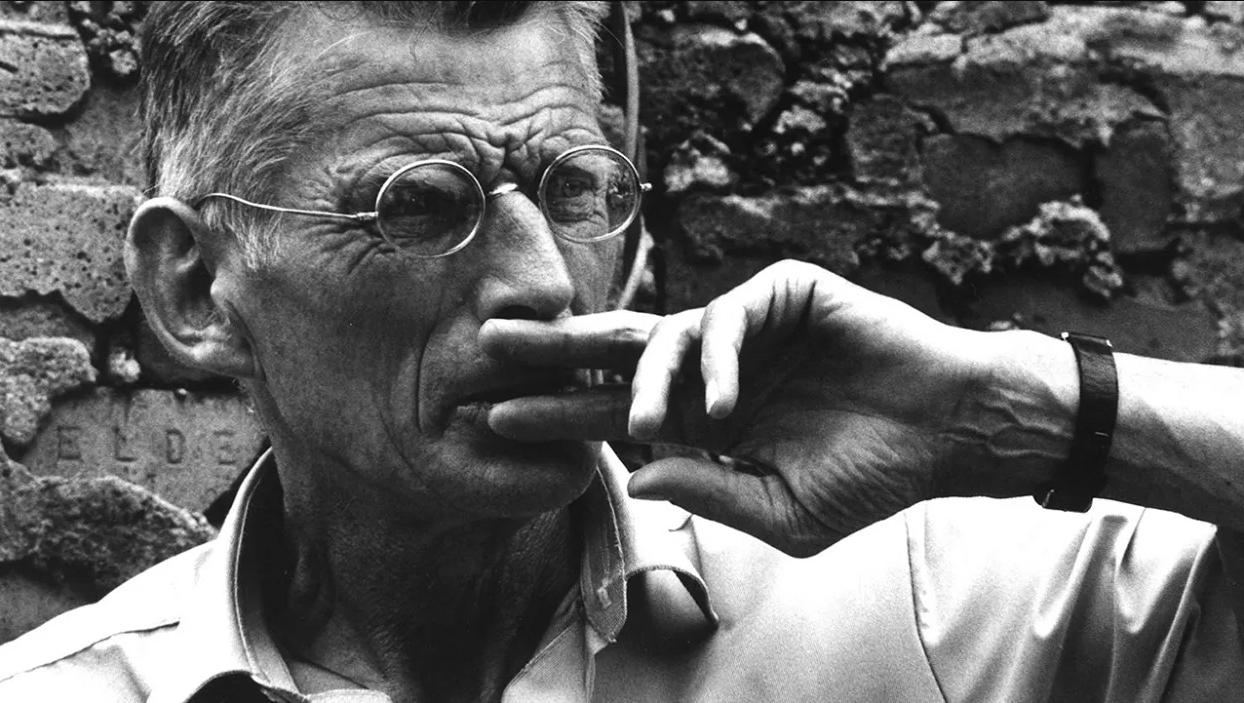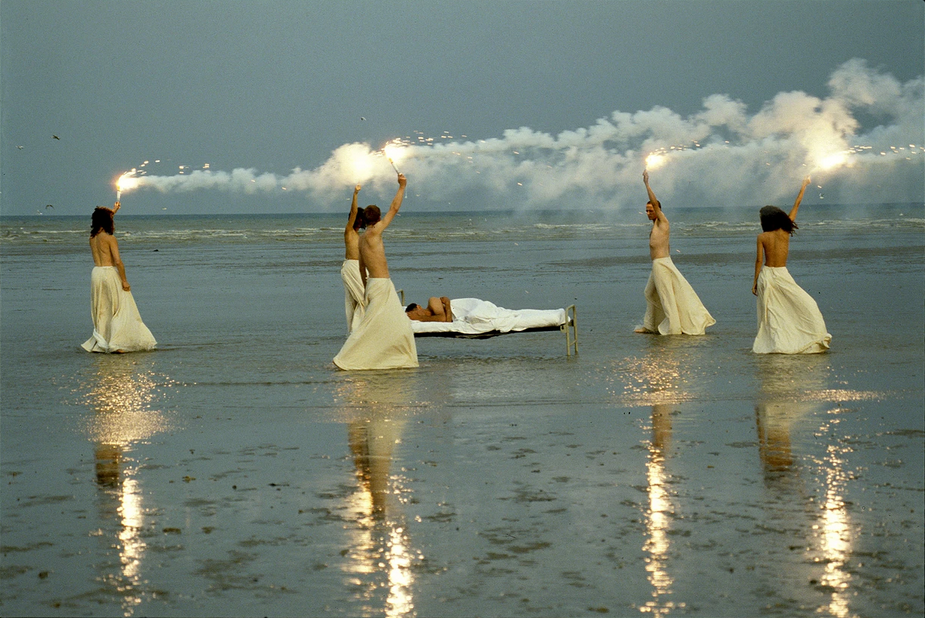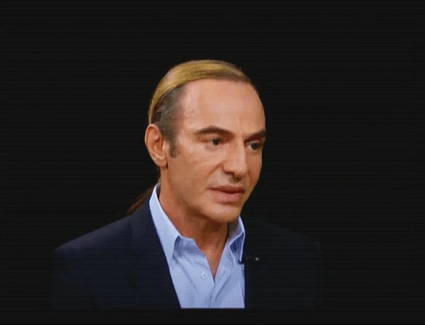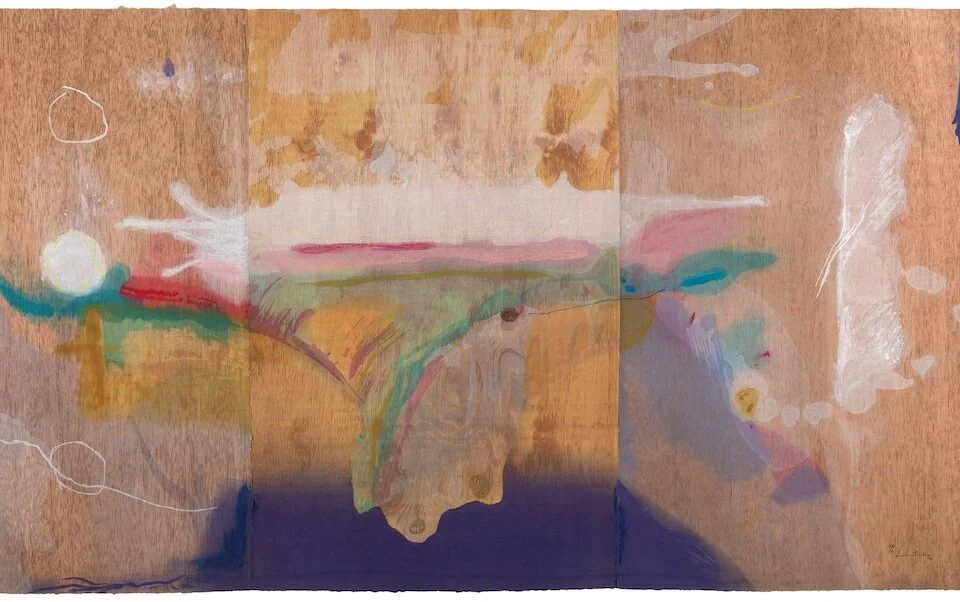[for the New Yorker, 21/10/25]
For Kingsnorth, the Industrial Revolution marked the point of no return. Playing gods, we turned our backs on the Earth. It is, in his account, the Fall — or, in secular terms, human history as tragedy, a swan dive into the dark.



















